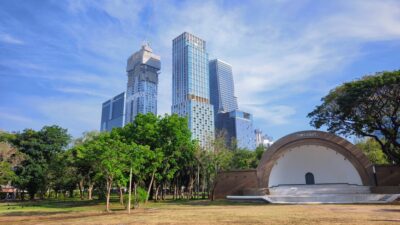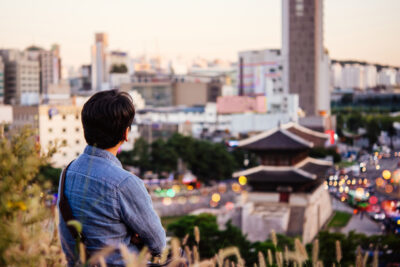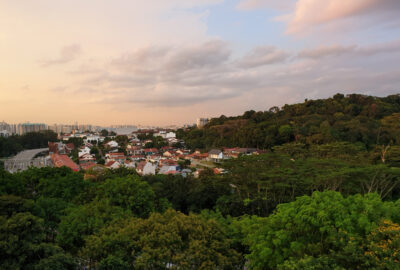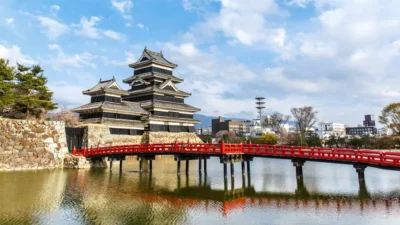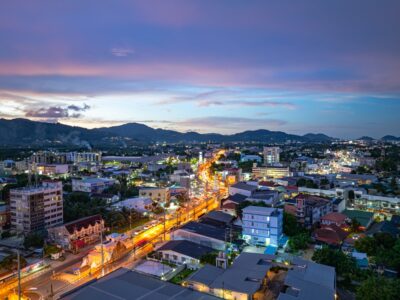Singapore private property prices increase 3.3% in Q1
This price hike is the steepest increase since Q2 2018
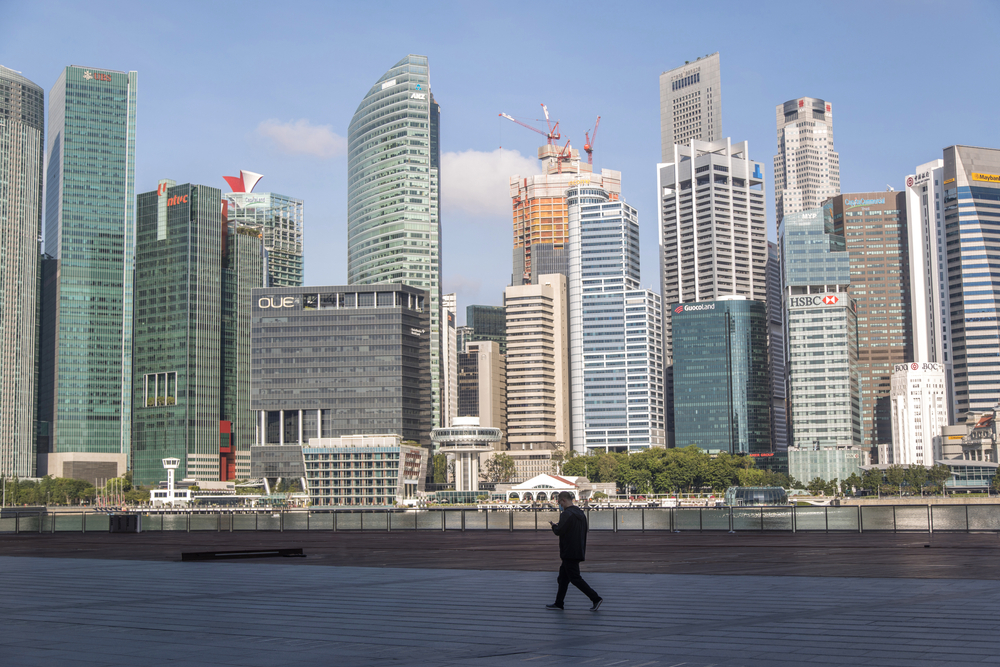
Data from Urban Redevelopment Authority showed that Singapore’s property market remained optimistic in the first quarter of 2021, as prices of private residential property increased by 3.3 percent quarter-on-quarter, reported PropertyGuru Singapore.
This price hike indicates the fourth-quarter increase and is the sharpest growth rate since the second quarter of 2018.
Dr. Tan Tee Khoon, country manager at PropertyGuru Singapore, said the 6.7 percent quarter-on-quarter increase in landed property prices was the main attribute of the hike.
Non-landed property prices also jumped in Q1 2021 by 2.5 percent.
“This is significant, especially considering that the region already saw a 4.4 percent quarter-on-quarter increase in the previous quarter,” added Dr. Tan.
Resale volumes of private residential properties were also up from 4,249 in Q4 2020 to 4,519 units.
Christine Sun, senior vice president of research and analytics at OrangeTee & Tie, mentioned that Singapore’s property market is seeing the return of foreign buyers.
Non-permanent residents (non-PRs) purchased 281 non-landed homes, excluding executive condominiums (ECs), in Q1 2021, a jump from the 199 units sold in Q4 2020.
“This is also the highest volume inked since Q4 2019 when 284 units were sold then. In terms of proportion, the percentage of non-landed homes bought by non-PRs rose to 4.1 percent in Q1 2021, from 3.3 percent in Q4 2020 and 3.6 percent in Q3 2020,” said Sun.
Non-landed homes bought by permanent residents (PRs) also rose by 28.2 percent quarter-on-quarter to 1,118 units.
Mainland Chinese, both PRs and Non-PRs, continue to be Singapore’s top foreign investors, followed by Malaysian and Indian buyers.
In the meantime, Dr. Tan believes this property shopping fever is likely driven by HDB upgraders rather than the low-interest-rate environment.
More: Cambodian town generates high hopes for investment
“The government has been urging property seekers to exercise caution amid the current low-interest-rate environment. While easy access to affordable credit may be attractive to home buyers, it is unlikely to be the root cause of the current market vibrancy,” he said.
He said the strong demand is probably fuelled by the self-feeding ecosystem, starting with the HDB flat upgraders whose homes have recently fulfilled the Minimum Occupation Period (MOP).
Hence, he expects the government to tighten property curbs in the second half of 2021.
“So, the government may tighten measures targeted at investors who own multiple properties, such as increasing the Additional Buyer’s Stamp Duty or reverting the Seller’s Stamp Duty holding period to four years.”
Recommended
Inside Asia’s commercial real estate: The cities thriving and those facing tough times
Shifting consumer preferences, and fluctuating economic policies mean commercial real estate investors in Asia must remain agile
Why young Asians are choosing singlehood and reshaping real estate trends
Marriage is out, and singlehood is in as young Asians subvert convention to explore alternative paths in real estate
Meet the expert helping overseas investors crack Australia’s property market
Ivan Lam of property advisors Charter Keck Cramer helps clients navigate Australia’s complex real estate dynamics
6 spots to check out in Singapore’s Bukit list neighbourhood
The sought-after Singapore neighbourhood offers lifestyle amenities, green space, and new residential projects

